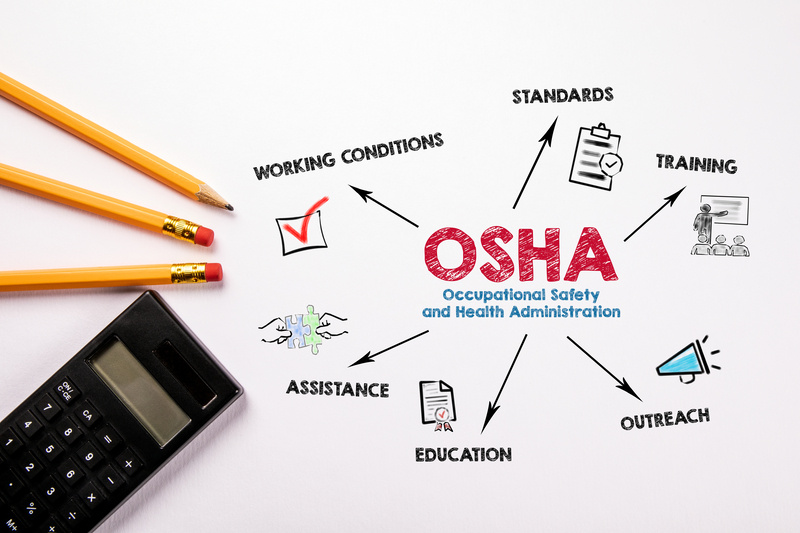Lean Manufacturing Techniques
How Technical Training Empowers Your Team
In today's competitive manufacturing landscape, efficiency is king. Every process, every movement, and every resource needs to be optimized to stay ahead of the curve. That's where Lean Manufacturing principles come into play. But implementing Lean effectively requires more than just a new set of tools or a reconfigured factory floor. It requires a skilled workforce equipped with the knowledge and mindset to embrace these principles and drive continuous improvement.
Teaching Lean Principles to Manufacturing Employees
Lean Manufacturing isn't just about cutting costs; it's about eliminating waste in all its forms. This includes:
- Overproduction: Producing more than is needed, leading to excess inventory and increased costs.
- Waiting: Idle time for both machines and employees, hindering productivity.
- Transportation: Unnecessary movement of materials and products within the factory.
- Overprocessing: Performing unnecessary steps or using more complex processes than required.
- Inventory: Excessive inventory ties up capital and increases the risk of damage or obsolescence.
- Motion: Unnecessary movement of employees within the workplace.
- Defects: Errors and rework that waste time, materials, and resources.
Technical training empowers employees to:
- Identify Waste: Recognize and document instances of waste within their own work processes.
- Implement Solutions: Develop and implement solutions to eliminate waste and improve efficiency.
- Utilize Lean Tools: Learn and apply Lean tools such as Value Stream Mapping, 5S, and Kaizen events to streamline processes.
- Embrace Continuous Improvement: Develop a mindset of continuous improvement, always seeking ways to optimize their work and contribute to overall efficiency.
Implementing Lean Manufacturing in Your Factory
Implementing Lean Manufacturing requires a comprehensive approach that includes:
- Leadership Buy-in: Strong leadership support is essential for successful Lean implementation.
- Employee Engagement: Involving employees in the Lean process is crucial for identifying and implementing effective solutions.
- Data-Driven Decision Making: Utilizing data to track progress, identify areas for improvement, and measure the impact of Lean initiatives.
- Continuous Training and Development: Providing ongoing training to ensure that employees have the skills and knowledge to maintain Lean principles.
Lean Manufacturing Techniques for Improved Productivity
By implementing Lean Manufacturing principles, businesses can achieve significant improvements in:
- Productivity: Reduced waste and improved efficiency lead to increased output.
- Quality: Minimized defects and improved product quality.
- Cost Savings: Reduced waste and improved resource utilization lead to lower production costs.
- Customer Satisfaction: Faster delivery times and improved product quality enhance customer satisfaction.
Benefits of Lean Manufacturing Training
Investing in Lean Manufacturing training offers numerous benefits, including:
- Empowered Employees: Employees feel more engaged and empowered when they are involved in improving their work processes.
- Increased Innovation: A Lean culture fosters a culture of innovation and continuous improvement.
- Enhanced Competitiveness: Improved efficiency and productivity give your company a competitive edge in the marketplace.
Ready to Unlock the Power of Lean Manufacturing?
Adaptive Training Services (ATS) can help you develop and implement effective Lean Manufacturing training programs for your team. Our experienced instructors provide hands-on training and coaching, equipping your employees with the skills and knowledge they need to drive continuous improvement and achieve your business goals. Contact us today to learn more.

 By
By


